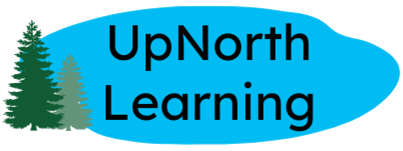You know that feeling when you keep hearing the same message from every corner of the universe? That’s been my experience lately, and the message has been about reading.
I knew some reflection would be in order – as it always is at the end of a school year – and that this year my reflections would center on the way I changed my reading instruction and practices after our department participated in intensive professional development last summer through the Reading Apprenticeship Improving Secondary Education (RAISE) program. What I had not counted on, however, was the degree to which the conversation about reading and best practices has amped up in the past couple of months. My favorite bloggers, my favorite authors, my colleagues, and even my students are all talking about reading, which means I have the opportunity to reflect on my own practices with the research-backed, innovative practices of my favorite people. Here are pieces of the conversation that have resonated most with me as I reflect on my own year.
Grant Wiggins has been really digging into the research behind literacy, asking the question, “What does the research on literacy really tell us about how kids learn to read and comprehend?” His initial post outlines what we know and what we don’t know about comprehension:
| What we know... | What we don’t know… |
| Students who comprehend well use metacognitive strategies. | How do students internalize the skills and strategies to be good comprehenders? |
| Students who do not comprehend well make fewer inferences. | What unique learning capacities and challenges do middle and high school readers face? |
| Readers at the secondary level identify their struggles at the sentence or paragraph level rather than the word level. | How does direct instruction in comprehension strategies affect older students? |
| Slowing down reading as material becomes more challenging predicts better comprehension. | What is the impact of these strategies over the long term? |
| Instructional frameworks such as questioning, reciprocal teaching, and collaborative strategic teaching show great promise for improving reading comprehension. | Why is there not more current and longitudinal research of the impact of strategy instruction at the secondary level? |
| Key concepts like gradual release of learning and transfer of learning are central to solid intentional teaching of reading comprehension strategies. | Does strategy instruction transfer to new class, texts, and experiences? |
to be continued…
